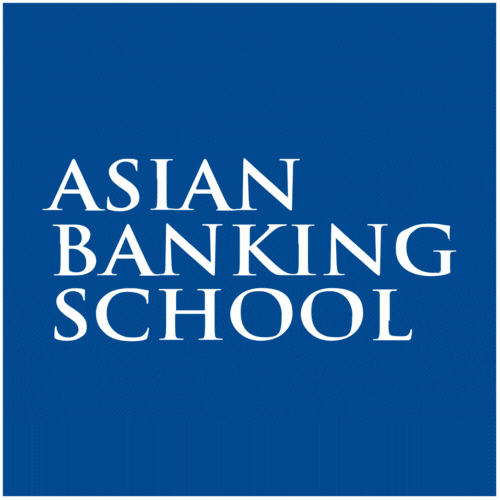Dr. Massimo Massa is the Rothschild Chaired Professor of Banking and Professor of Finance at INSEAD where he teaches International Finance, Corporate Finance, Asset Management, Behavioural Finance and Governance in the MBA, EMBA, PhD and Executive programmes. He is Programme Director of the Advanced Asset Management programme, Interalpha Banking programme and the Master of Finance. He co-directs the programme on Value Creation for Owners and Directors, and has directed several programmes for corporations and banks, including ABN Amro, Societe Generale, FinecoBank, Technip, Mubadala and Bertelsmann. He also co-directs the Hoffman Fund for research in ownership and family firms at INSEAD.
Dr. Massa has also been a consultant with several companies on strategic issues related to governance and corporate financial and growth strategies. He previously worked at the Bank of Italy in the Banking Division (1989-1992) and in the Research Department (Monetary and Financial Markets Division) (1993-1997), participating in the day-to-day running of monetary policy and on the analysis of the financial markets.
Dr. Massa’s research has been quoted and discussed in major magazines and newspapers (The Economist, Business Week, New York Times, Wall Street Journal), as well as professional journals (Creditflux, Journal of Trading) and forums (Harvard Law Forum, Notre Dame Law Forum). His research interests include asset management, corporate finance, behavioural finance and financial intermediation; with his current research focusing on the link between corporate financial strategies, governance and type of ownership and how this affects value creation and growth in corporations. He also studies the strategies of asset managers and banks and their synergies. His articles have been published in all the top academic journals such as Review of Financial Studies, Journal of Finance, Journal of Financial Economics, Journal of Business, Journal of Financial and Quantitative Analysis, Journal of Financial Markets, Journal of Banking and Finance, Management Science, Journal of Monetary Economics and European Journal of Financial Management. Dr. Massa is also Associate Editor of the Journal of Empirical Finance and the Review of Finance.
He graduated summa cum laude from the Department of Economics at the LUISS University of Rome, Italy. He obtained an MBA from the Yale School of Management and an MA and a PhD in Financial Economics from Yale University. He is a CPA and Auditor.

